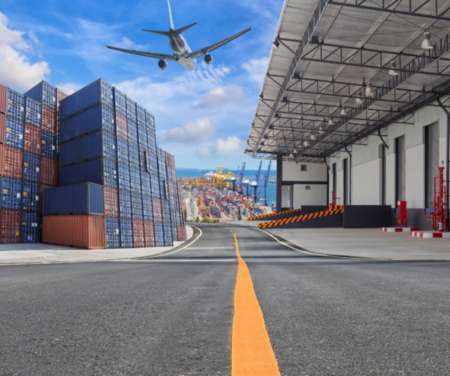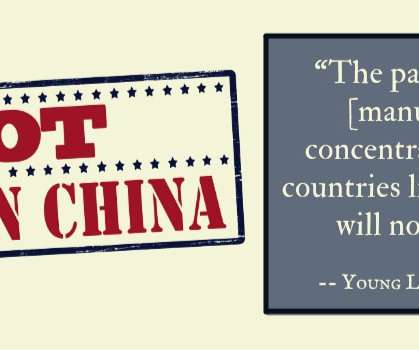The Importance of Supply Chain in the Apparel Industry!
Supply Chain Game Changer
APRIL 20, 2022
Within the apparel industry, the key operations within the supply chain concern the following: Movement of Raw Materials Human Resources Logistics and Transportation. Clothing manufacturers make pieces of clothing both for the local and export markets. However, the industrial scale production of clothing is mostly for export.






























Let's personalize your content